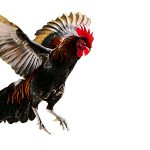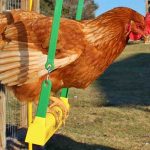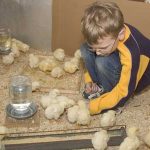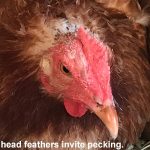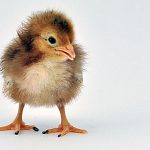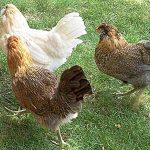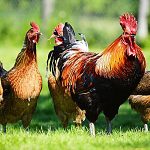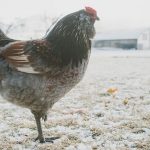
Cold winter weather brings a different set of issues for a flock of chickens, compared to warmer summer weather. So what kind of care do chickens need in winter? Control Humidity The most important thing you can do during cold weather is to make sure the coop isn’t high in humidity. Relative humidity is generally […]
Continue Reading
